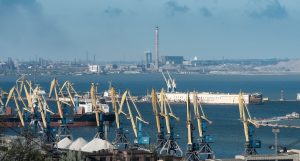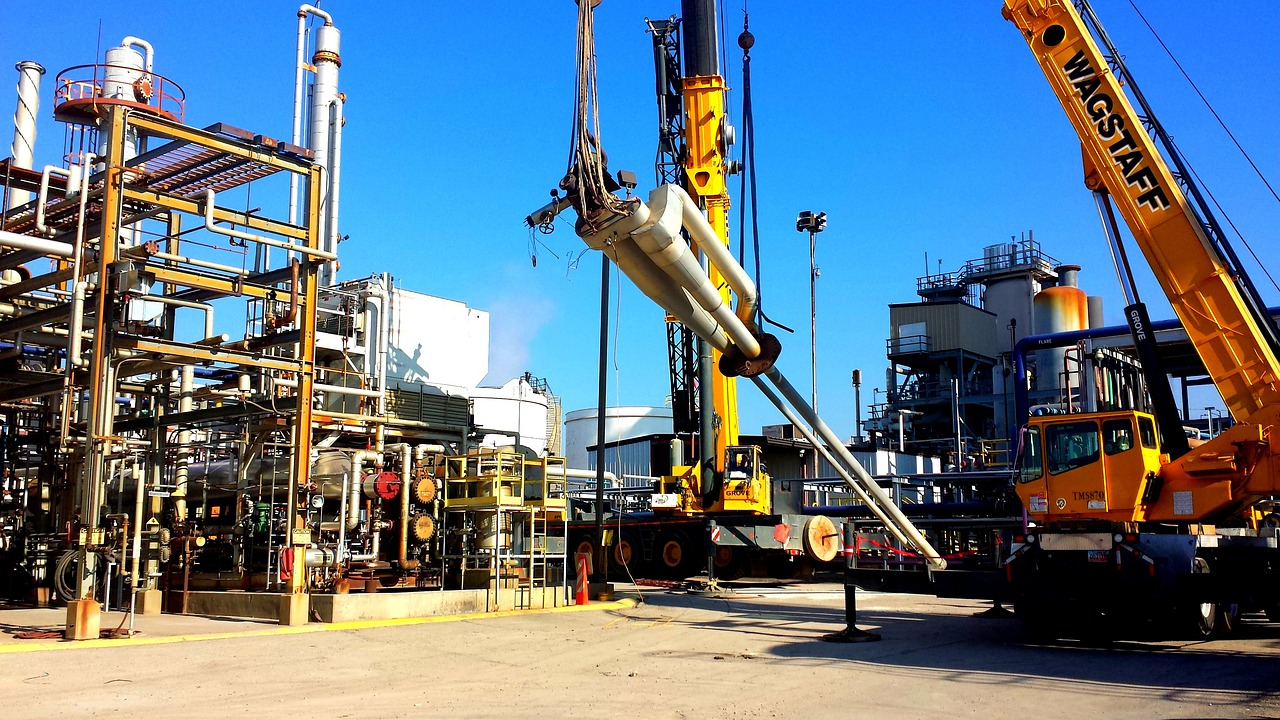The crude tanker industry, often considered a barometer of global oil demand and economic health, has experienced a significant boom despite low oil prices. This article explores the dynamics behind this phenomenon, delving into the factors driving the surge in crude tanker demand and analyzing how it has defied expectations amid a backdrop of depressed oil prices.
The Role of Oil Prices in Crude Tanker Industry

Traditionally, low oil prices have been perceived as detrimental to the crude tanker industry. As oil prices decrease, producers may curtail production, leading to reduced demand for tanker shipments. Moreover, lower oil prices can dampen economic activity, further diminishing the need for oil transportation. However, recent trends indicate a departure from this conventional wisdom.
Factors Driving Crude Tanker Demand
Several factors contribute to the robust demand for crude tankers despite low oil prices. Firstly, geopolitical tensions and disruptions in oil-producing regions can create sudden spikes in demand for tanker shipments. Uncertainties surrounding traditional oil supply routes have led to increased demand for flexible and secure transportation options, bolstering tanker rates.
Additionally, the rise of non-traditional oil producers, such as the United States with its shale oil boom, has reshaped global oil flows. These emerging producers often require long-distance transportation to reach international markets, driving demand for crude tankers.
Furthermore, the dynamics of the oil market, including contango situations where future prices exceed spot prices, incentivize storage and transportation of crude oil, thus stimulating demand for tanker services.
Comparative Analysis of Crude Tanker Companies
| Company | Fleet Size (Number of Vessels) | Market Presence | Financial Performance | Future Prospects |
|---|---|---|---|---|
| Company A | 50 | Global Leader | Strong | Positive |
| Company B | 45 | Regional Focus | Stable | Moderate |
| Company C | 60 | Emerging Player | Promising | High |
Impact of COVID-19 Pandemic
The COVID-19 pandemic initially caused disruptions in the crude tanker industry due to reduced oil demand and production cuts. However, as economies gradually reopened and oil demand rebounded, the tanker market experienced a resurgence. Moreover, the pandemic highlighted the critical role of tanker vessels in maintaining oil supply chains, further underscoring their importance.
Conclusion
Despite historically low oil prices, the crude tanker industry is experiencing a significant boom driven by geopolitical tensions, shifts in oil production patterns, and market dynamics. Companies within this sector are capitalizing on the increased demand for tanker services, with strong market leaders and emerging players alike poised for continued growth. While challenges such as environmental regulations and fluctuating oil prices persist, the outlook for the crude tanker industry remains optimistic in the foreseeable future.











